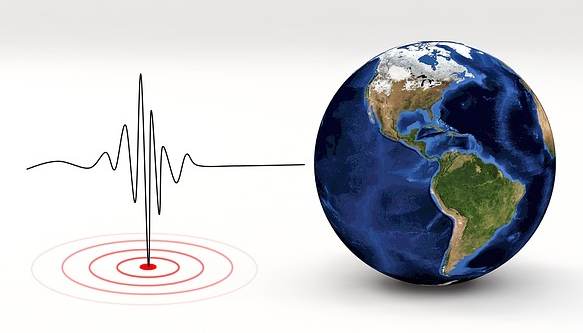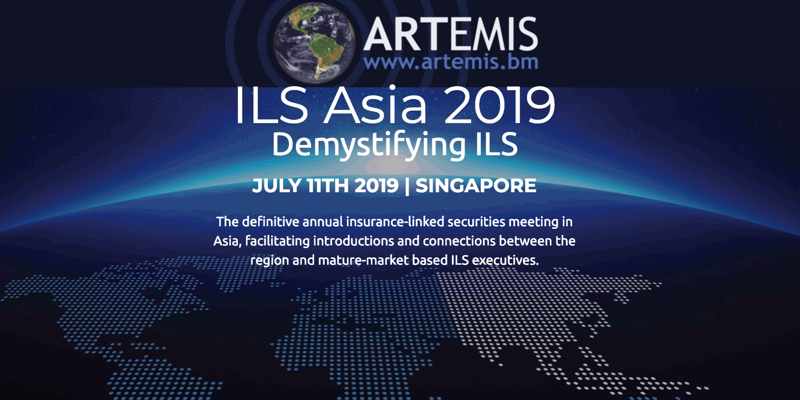The subject of whether the two main government-sponsored enterprises (GSE’s) in mortgage risk, Fannie Mae (the Federal National Mortgage Association) and Freddie Mac (the Federal Home Loan Mortgage Corporation), should buy earthquake insurance was raised at a Senate hearing this week.
 At a hearing of the full U.S. Senate Committee on Banking, Housing and Urban Affairs titled “Should Fannie Mae and Freddie Mac be Designated as Systemically Important Financial Institutions?” the topic of earthquake risk arose, especially in regards to the concentration in California.
At a hearing of the full U.S. Senate Committee on Banking, Housing and Urban Affairs titled “Should Fannie Mae and Freddie Mac be Designated as Systemically Important Financial Institutions?” the topic of earthquake risk arose, especially in regards to the concentration in California.
We’ve highlighted before the enormous unhedged risk that the government and taxpayers bear as Fannie and Freddie’s exposure to earthquake risks is uninsured and at the same time the vast majority of homeowners themselves do not have earthquake insurance either.
The GSE’s do not mandate that the mortgages they guarantee are covered with earthquake insurance, even in peak risk zones of the United States.
At the same time, the GSE’s do not purchase their own earthquake insurance protection, to cover the collateral of mortgage loans they own or guarantee.
The result is a situation that could see an immense burden placed on the government and ultimately taxpayers, if there was a catastrophic earthquake event that drove a significant amount of mortgage loan defaults.
It was previously estimated by public policy researchers at R Street that the total value of uninsured earthquake exposure held by Fannie Mae and Freddie Mac could amount to as much as $205 billion.
That’s an enormous exposure to go unhedged, particularly when the insurance, reinsurance and insurance-linked securities (ILS) markets are so well-equipped to cover much of that risk.
The Senate hearing was held to discuss the potential for Fannie and Freddie to pose a systemic risk.
The $200 billion plus of earthquake exposure that is uninsured seems systemic enough alone, without even considering the mortgage default risk and other economic factors the GSE’s are exposed to.
“We have a key opportunity right now, while the sun shines on our economy and mortgage markets are healthy, to put our housing finance system on a durable, sustainable course that can withstand any market cycle. “My strong preference is for comprehensive legislation,” U.S. Senator Mike Crapo (R-Idaho), Chairman of the U.S. Senate Committee on Banking, Housing and Urban Affairs explained.
“We are also interested in analyzing some of the options currently available to the Administration to protect taxpayers and put our housing finance system on stronger financial footing,” he continued.
One route to putting a buffer between the potential financial exposure of Fannie and Freddie and taxpayers would be to encourage the purchase of an appropriate level of earthquake risk transfer or insurance, while also enforcing a mandated purchase of quake protection by mortgage loan holders that the GSE supports.
Clearly this would need significant risk transfer capacity, but given the capital available in reinsurance and insurance-linked securities (ILS) markets right now, purchasing the protection should not prove a particular issue.
More of an issue is the government’s willingness to impose a financial burden on the GSE’s and mortgage holders more generally, even though anyone can tell that the earthquake risk problem and lack of insurance for it is a major exposure waiting to hit the U.S. economy.
On the main subject of the hearing, should Fannie Mae and Freddie Mac be designated as systemically important financial institutions (SIFI), there is a widely held view that they are, given the economic exposures involved.
But as systemic holders of uninsured earthquake exposure the GSE’s tend to get less attention, even though for the peak earthquake zones such as California the fact all this mortgage loan collateral is unprotected against a major natural catastrophe would certainly prove a significantly impactful event.
It’s encouraging to see the topic aired during the discussion of the GSE’s SIFI status and it is to be hoped that the topic can go on to be aired in other political forums, to encourage someone to take action on the crisis waiting to happen that is the United State’s un(der)insured earthquake risk exposure.
———–
 Get your ticket to attend our next ILS conference in Singapore, ILS Asia 2019.
Get your ticket to attend our next ILS conference in Singapore, ILS Asia 2019.
We’re returning to Singapore for our fourth annual ILS market conference for the Asia region on July 11th 2019.
Please register today to secure your place at the conference. Tickets are now selling fast.
 View all of our Artemis Live video interviews and subscribe to our podcast.
View all of our Artemis Live video interviews and subscribe to our podcast.
All of our Artemis Live insurance-linked securities (ILS), catastrophe bonds and reinsurance video content and video interviews can be accessed online.
Our Artemis Live podcast can be subscribed to using the typical podcast services providers, including Apple, Google, Spotify and more.































